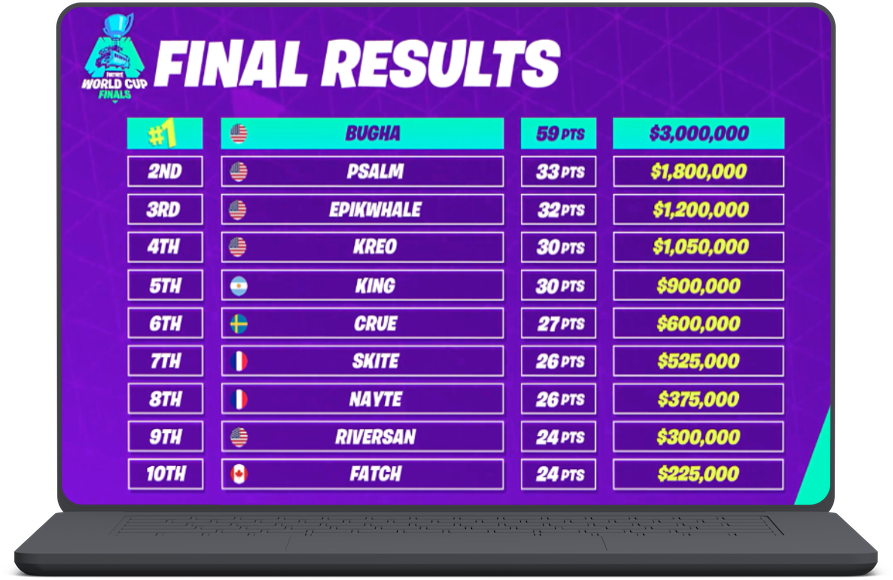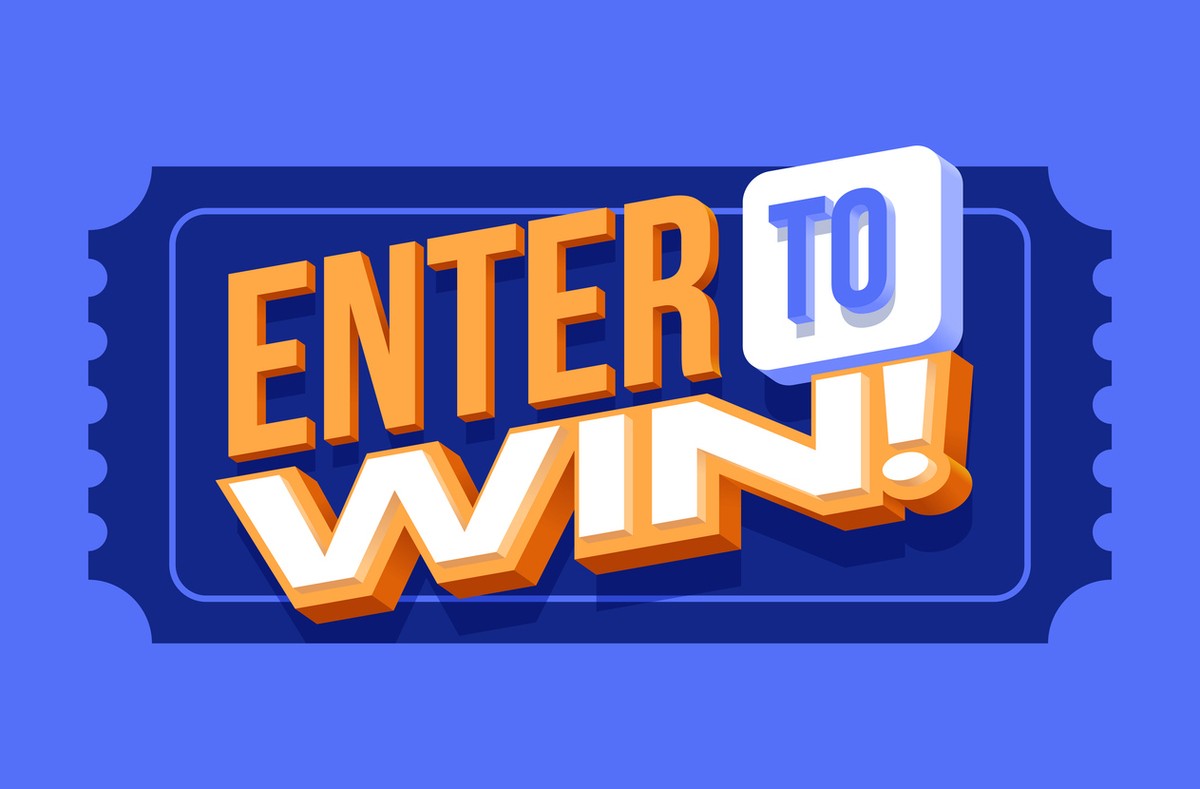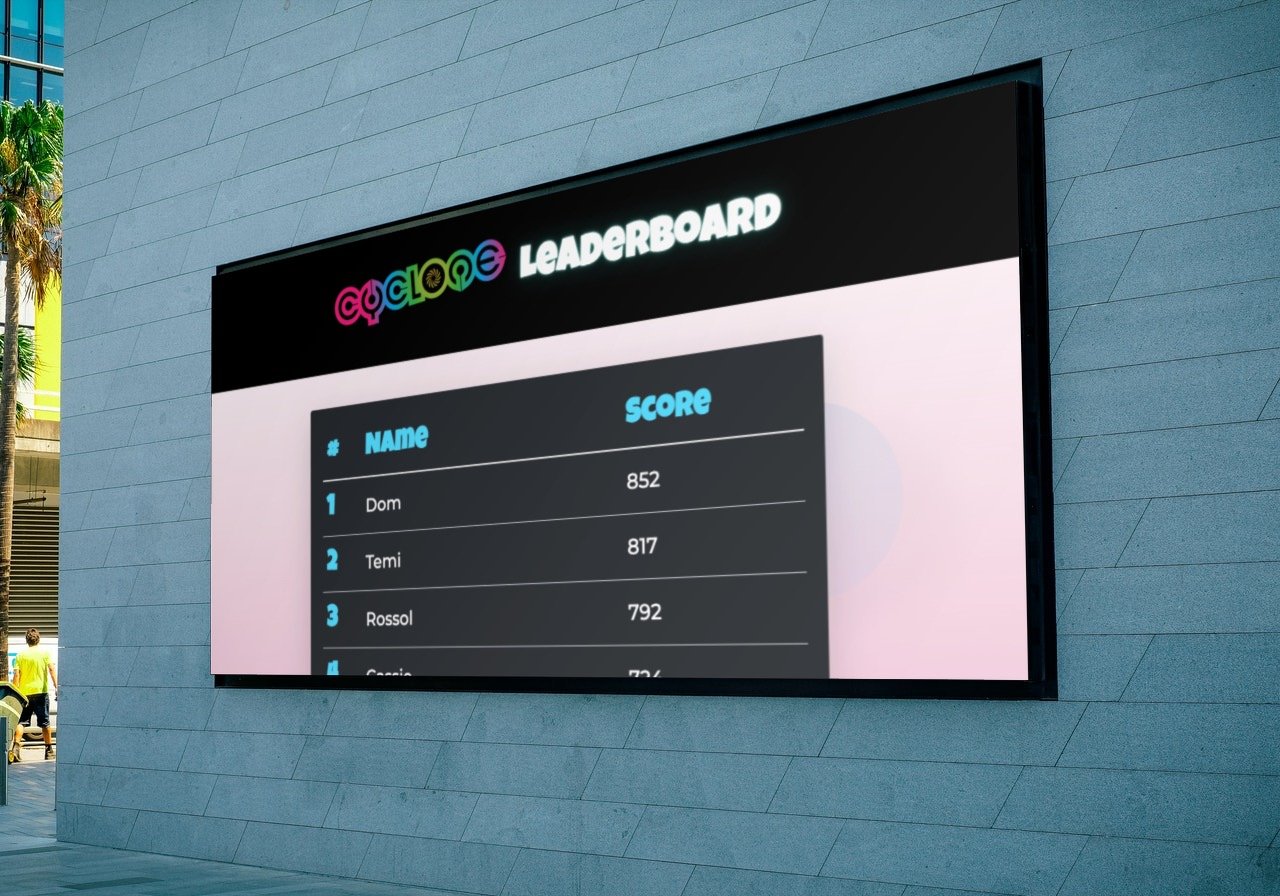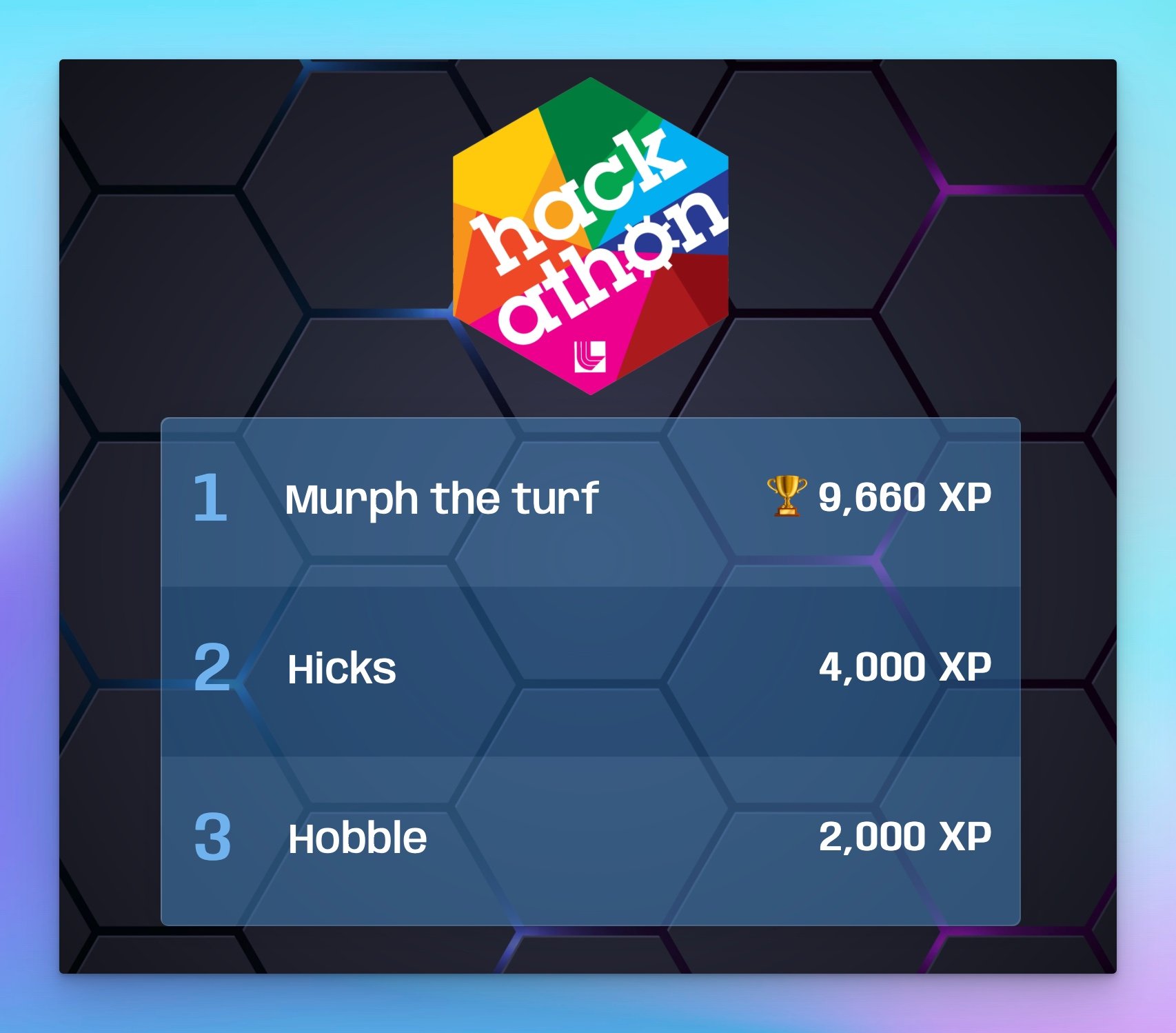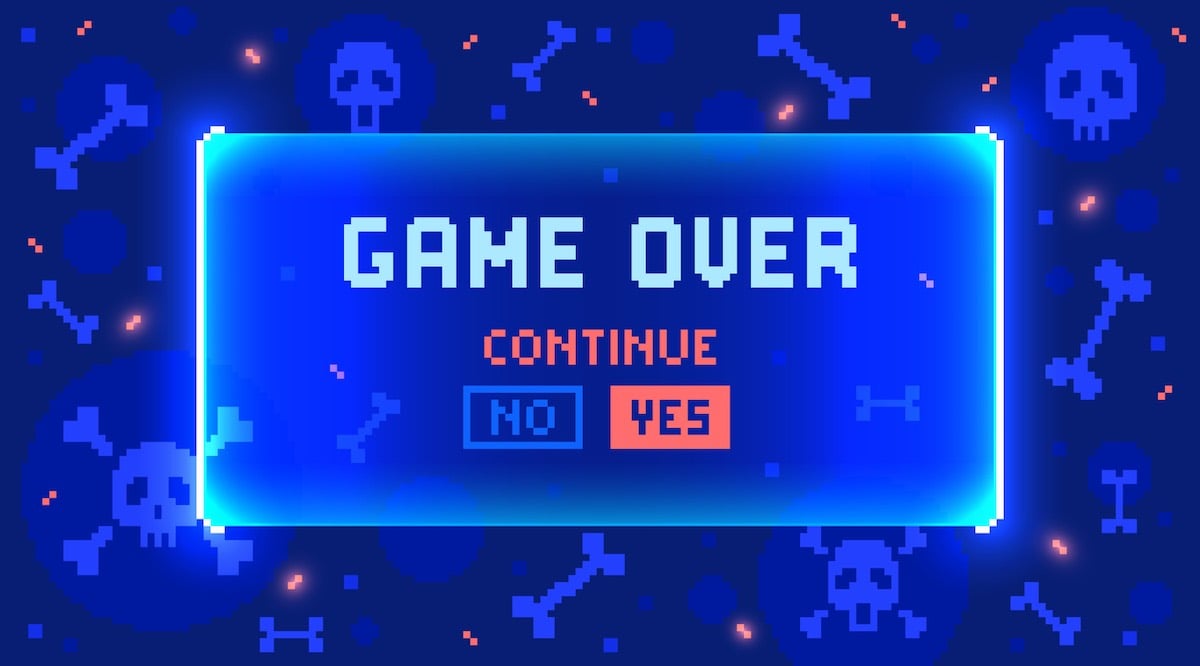What Are Virtual Competitions?

Virtual competitions are organized contests conducted entirely online where participants compete remotely using digital platforms. These events eliminate geographical constraints and reduce logistical costs associated with traditional in-person competitions. Virtual competitions range from academic challenges and corporate team-building exercises to global esports tournaments and creative contests.
The shift to virtual formats accelerated dramatically during 2020-2021, establishing online competitions as permanent fixtures in educational, corporate, and entertainment sectors. This guide covers the complete process of hosting successful virtual competitions, from initial planning through results communication.
Successful Virtual Competition Categories
1. Esports Tournaments
Professional gaming competitions represent the largest virtual competition sector. The global esports ecosystem includes over 70 major ongoing tournaments with prize pools exceeding $100 million annually. These events demonstrate scalability from local community tournaments to international championships.
2. Corporate Sales Competitions
Organizations implement virtual sales competitions to drive performance through gamification. Common formats include:
- Monthly leaderboard contests tracking revenue metrics
- Quarterly achievement challenges with tiered rewards
- Team-based competitions fostering collaborative selling
- Real-time dashboards displaying progress toward goals
3. Customer Engagement Contests
Brands leverage virtual competitions for marketing objectives. Microsoft's 2020 "Design the Next Xbox" competition exemplifies successful customer co-creation, generating thousands of submissions while building product anticipation and community engagement.
4. Technical Hackathons
Online hackathons connect global talent to solve complex challenges. Platforms like Kaggle.com host data science competitions where participants develop machine learning models, algorithms, and analytical solutions. These events typically span 24-72 hours with structured submission requirements.
5. Educational Competitions
Virtual academic competitions engage students through:
- Subject-specific challenges (math olympiads, science fairs)
- Collaborative problem-solving exercises
- Timed quiz competitions
- Creative project showcases
- Debate tournaments
Pre-Competition Planning Framework
Successful virtual competitions require comprehensive planning across six critical dimensions:
1. Target Audience Definition
Identify specific participant demographics including age range, skill level, geographic distribution, and technical capabilities. Understanding your audience shapes every subsequent decision from platform selection to communication style.
2. Participant Acquisition Strategy
Determine whether you're working with a closed group (classroom students, company employees) or need open recruitment. Closed groups simplify logistics but limit scale. Open competitions require marketing investment but enable broader reach.
3. Competition Timeline
Establish duration based on complexity and engagement requirements:
- Sprint Competitions (1-24 hours): High intensity, immediate results
- Short-term (1-7 days): Sustained engagement without fatigue
- Extended (2-4 weeks): Complex challenges requiring iteration
- Ongoing (monthly/quarterly): Recurring events building community
4. Incentive Structure
Rewards drive participation but aren't always necessary. Consider:
- Intrinsic Motivation: Recognition, skill development, community status
- Extrinsic Rewards: Cash prizes, products, experiences, certifications
- Hybrid Approaches: Combining achievement badges with tangible prizes
5. Competition Objectives
Define clear purposes that participants can understand and support:
- Educational skill development
- Team building and collaboration
- Innovation and problem-solving
- Brand awareness and engagement
- Talent identification and recruitment
6. Rules and Governance
Comprehensive regulations prevent disputes and ensure fairness. Document submission requirements, judging criteria, disqualification conditions, dispute resolution processes, and intellectual property considerations.

Digital Infrastructure Requirements
Website Considerations
While not mandatory, dedicated competition websites provide centralized information hubs. Websites serve multiple functions including registration management, rule documentation, real-time updates, community forums, and results archiving.
Platform Selection Criteria
Choose website builders based on specific competition needs:
For Simple Competitions:
- Google Sites: Free, minimal setup, integrated with Google Workspace
- Weebly: Drag-and-drop interface, built-in registration forms
For Complex Events:
- WordPress: Extensive plugin ecosystem, scalable architecture
- Wix: Advanced design capabilities, integrated marketing tools
- Squarespace: Professional templates, e-commerce integration
Alternative Approaches
Many successful competitions operate without dedicated websites using:
- Social Media Groups: Facebook Groups, Discord servers, Slack workspaces
- Event Platforms: Eventbrite for registration, Zoom for live events
- Learning Management Systems: Canvas, Moodle for educational competitions
- Specialized Competition Software: Purpose-built platforms for specific competition types
Participant Recruitment Strategies
Insufficient participation represents the primary failure point for first-time competition organizers. Successful recruitment requires targeted strategies matching your audience and competition type.
Closed-Group Competitions
For predetermined participant pools (classrooms, corporate teams):
- Direct Communication: Email invitations with clear value propositions
- Management Support: Secure endorsement from teachers, managers, or leaders
- Peer Champions: Identify enthusiastic early adopters to promote internally
- Integration: Align with existing programs or curricula
Open Recruitment Campaigns
For public competitions requiring participant acquisition:
Digital Marketing Channels:
- Social Media Advertising: Targeted Facebook, Instagram, LinkedIn campaigns
- Community Outreach: Reddit communities, Discord servers, specialized forums
- Content Marketing: Blog posts, YouTube videos explaining competition value
- Email Campaigns: Partner with relevant newsletters and mailing lists
Strategic Partnerships:
- Influencer Collaboration: Engage niche content creators for authentic promotion
- Organization Alliances: Partner with schools, companies, or associations
- Media Coverage: Press releases to relevant industry publications
- Cross-Promotion: Collaborate with complementary events or platforms
Registration Incentives:
- Early Bird Benefits: Exclusive perks for first registrants
- Referral Programs: Rewards for bringing additional participants
- Team Discounts: Reduced fees for group registrations
- Participation Certificates: Professional recognition for all competitors
Score Tracking and Results Communication
Effective score management determines participant satisfaction and competition credibility. Real-time tracking with transparent communication builds trust and maintains engagement throughout events.
Essential Scoring Components
- Live Updates: Real-time score changes visible to all stakeholders
- Transparency: Clear scoring methodology and calculation visibility
- Accessibility: Mobile-responsive interfaces for participants and spectators
- Data Integrity: Audit trails and change logs for dispute resolution
Technology Solutions
Modern competitions require automated scoring systems. KeepTheScore.com provides comprehensive features including:
- Multi-format leaderboards (individual, team, bracket)
- Public viewing links and embedding options
- Self-registration capabilities for participant autonomy
- Real-time synchronization across devices
- Export functionality for post-event analysis
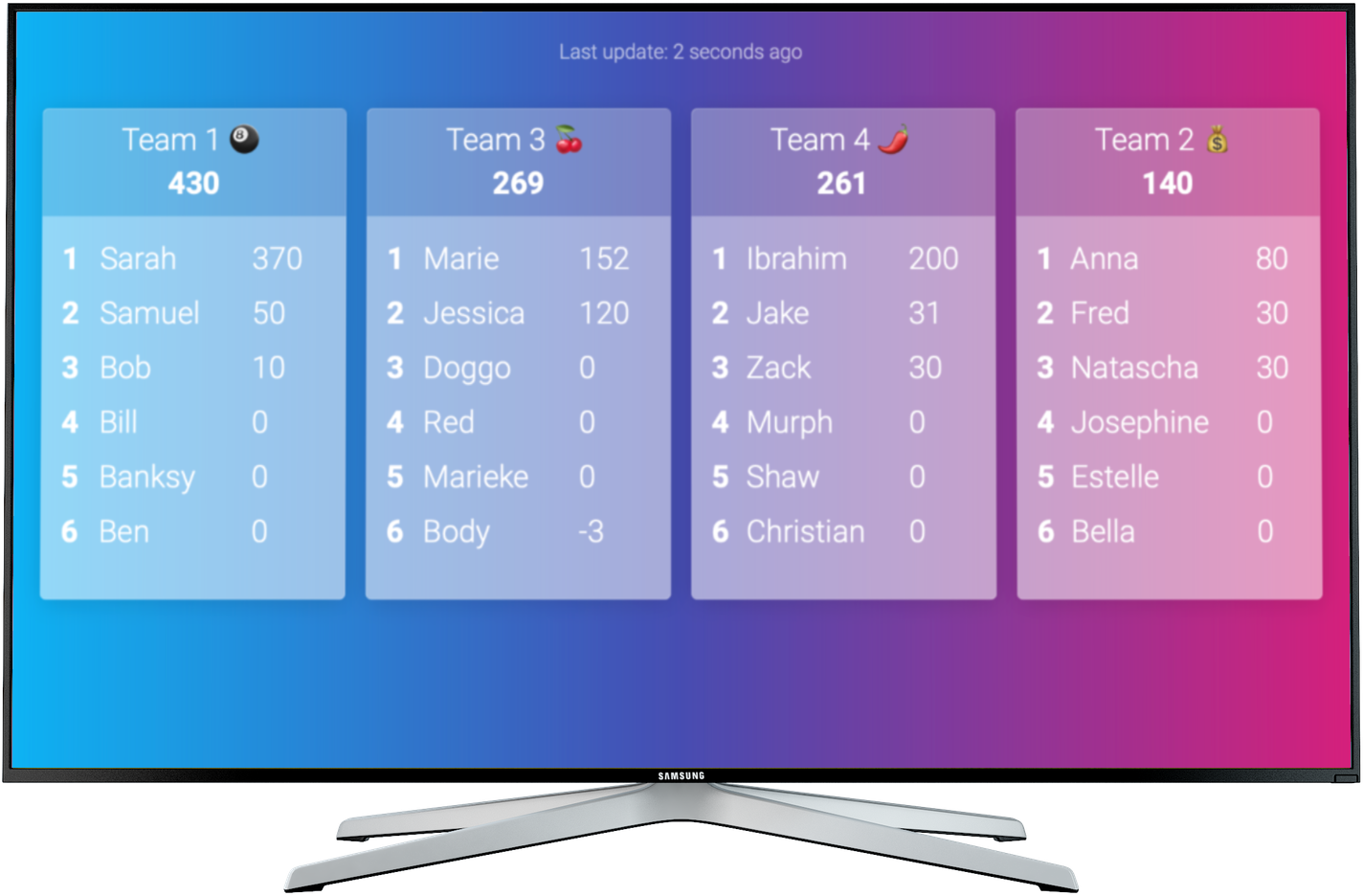
Results Communication Strategy
Effective results announcement involves multiple channels:
- Live Displays: Real-time leaderboards during competition
- Email Notifications: Automated updates to participants
- Social Media: Public recognition and sharing capabilities
- Website Archives: Permanent record for future reference
- Ceremony Events: Virtual or hybrid award presentations
For streamlined registration workflows, see the competition signup solution guide.
Competition Rules and Governance
Comprehensive rules documentation prevents disputes and ensures fair play. Well-crafted regulations balance clarity with completeness.
Essential Rule Categories
Eligibility Requirements: Age restrictions and geographic limitations, skill level or experience prerequisites, team composition requirements, and equipment or technology specifications.
Competition Format: Event structure and progression, scoring methodology and calculations, time limits and deadlines, and submission requirements and formats.
Conduct Standards: Acceptable behavior guidelines, communication protocols, cheating definitions and consequences, and dispute resolution procedures.
Technical Specifications: Platform requirements and restrictions, internet connectivity minimums, software versions and configurations, and data security and privacy policies.
Rule Communication Best Practices
- Accessibility: Publish rules in multiple formats (text, video, infographic)
- Language: Use clear, concise language avoiding technical jargon
- Structure: Organize with numbered sections and subsections
- Examples: Include specific scenarios and edge cases
- Updates: Version control with change notifications
- Acknowledgment: Require participant confirmation of rule understanding
Keys to Virtual Competition Success
Successful virtual competitions combine thorough planning, appropriate technology, and engaging execution. Focus on participant experience from registration through results announcement. Build community around your competition to encourage repeat participation and organic growth.
Remember that virtual competitions serve broader purposes beyond determining winners. They build communities, develop skills, and create shared experiences across geographic boundaries. Prioritize these outcomes alongside competitive elements for lasting impact.

